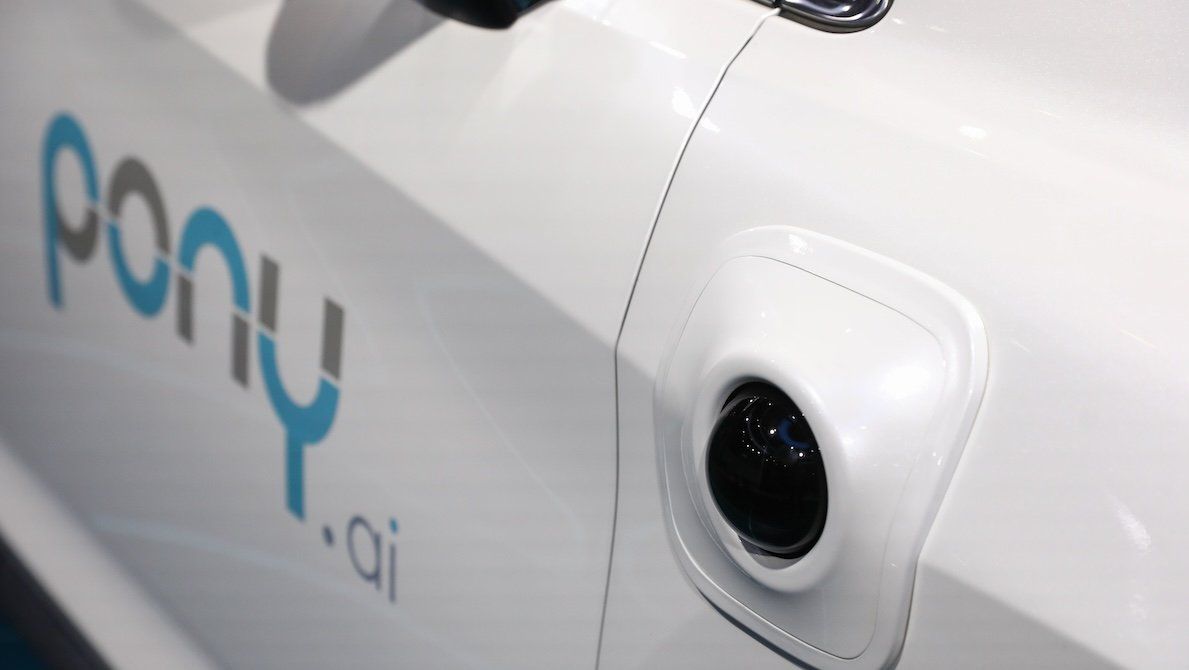Pony.ai and its first automatic driving system production line, as seen in Shanghai, in 2020.
On Oct. 17, a Chinese autonomous vehicle company called Pony AI filed to go public in the United States through an initial public offering. The company is the latest Chinese firm to seek entry into the US public markets after Beijing eased its restrictions on its domestic private sector seeking foreign investment and listing on US exchanges. The Chinese electric vehicle startup Zeekr began trading on the New York Stock Exchange in May.
Pony AI, which makes robotaxis, has ties to both China and Silicon Valley, but it’s also backed by the Japanese automaker Toyota and Saudi Arabia’s NEOM Investment Fund. China’s securities regulator approved Pony AI to list on either the Nasdaq or the NYSE in April.
The US and China are currently feuding over artificial intelligence, each vying to become the global leader in the technology and gain a strategic edge — but that battle, which largely focuses on chips and tech infrastructure, is unlikely to affect this deal. The US Securities and Exchange Commission has previously pushed for tougher rules about Chinese companies going public on US stock exchanges, but that’s largely affected those going public through shell companies — a popular workaround to Chinese restrictions — rather than through traditional IPOs.